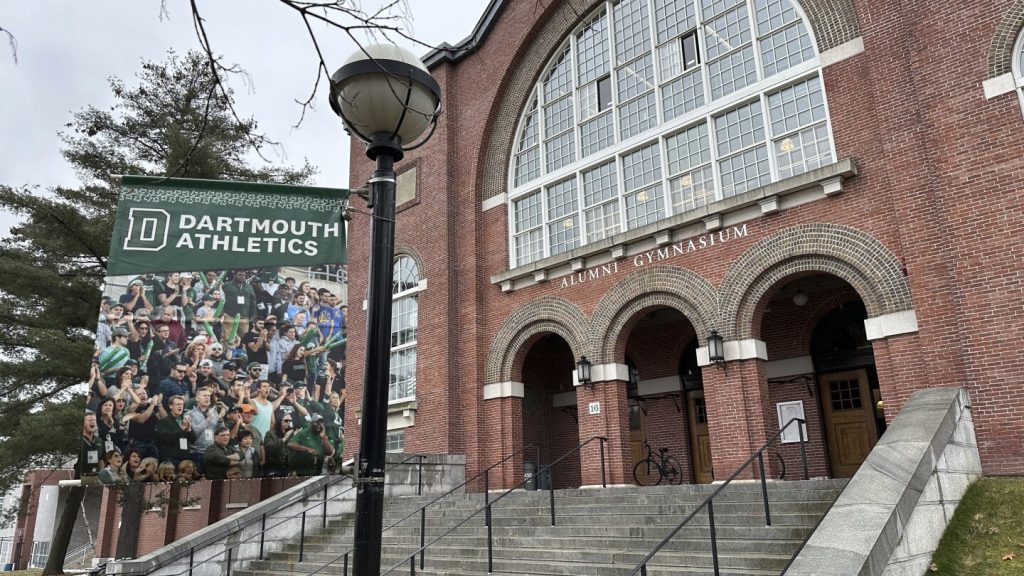Advocates for unionizing college athletes are continuing their efforts despite the NCAA’s recent agreement to allow players to be paid from a limited revenue-sharing pool. The president of the local that won the right to represent Dartmouth men’s basketball players, Chris Peck, believes the NCAA is attempting to avoid free market competition by implementing this settlement. The NCAA and Power Five conferences reached an antitrust settlement that will pay $2.77 billion to current and former players who were unable to profit from their skills due to amateurism rules. However, the agreement did not address the issue of whether players are considered employees or student-athletes participating in extracurricular activities.
In the Dartmouth case, the National Labor Relations Board ruled that players met the legal definition of employees due to the control exerted over them by schools. The players voted to join Local 560 of the Service Employees International Union and requested negotiations for a collective bargaining agreement, which the school refused. The NCAA is urging Congress to declare that players are not employees and is looking for protection from future legal challenges. The NCAA and conference leaders are calling for legislation that will shield them from future legal battles and prevent bankruptcy in college athletics.
Notre Dame’s president, the Rev. John Jenkins, emphasized the need for Congress to pass legislation that will establish that athletes are students seeking college degrees, rather than employees. The Dartmouth union believes that the best way to avoid instability and antitrust liability in college sports is to engage in collective bargaining with players. They argue that NCAA member universities should follow the same antitrust and labor laws as everyone else, and that only through collective bargaining should they receive the antitrust exemption they desire. The continued push for unionization in college sports may lead to further legal battles and debates over the rights and status of student-athletes.
Overall, the debate over whether college athletes should be considered employees or student-athletes continues to be a contentious issue in the world of collegiate sports. The recent NCAA agreement to allow players to be paid from a revenue-sharing pool has not deterred advocates for unionization, who believe that collective bargaining is the best way to protect the rights of student-athletes. With the NCAA lobbying Congress for protection from legal challenges, the future of college athletics remains uncertain as various parties seek to establish a framework that will ensure fair treatment for players while maintaining the integrity of the collegiate sports system. The ongoing discussions and legal battles surrounding this issue are likely to shape the landscape of college sports in the years to come.


